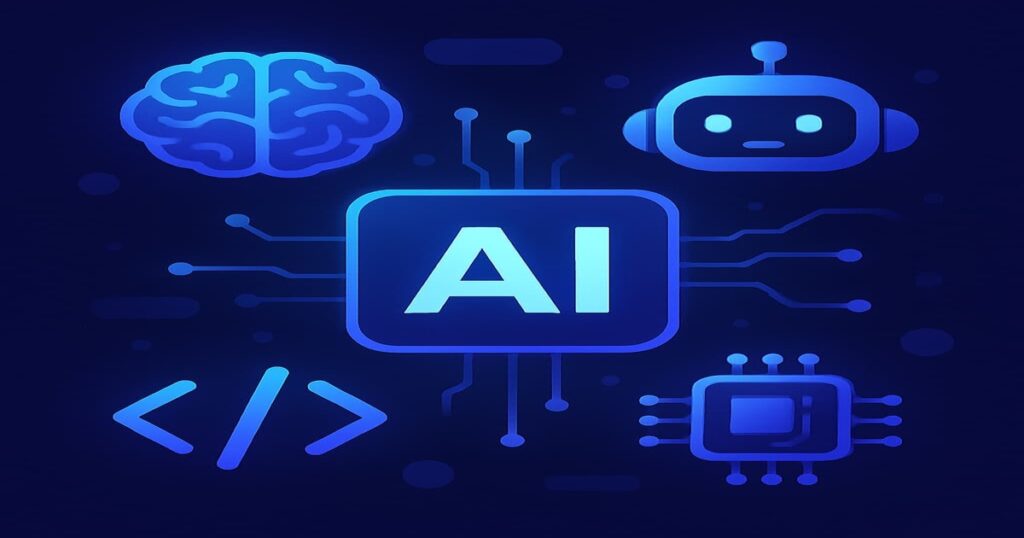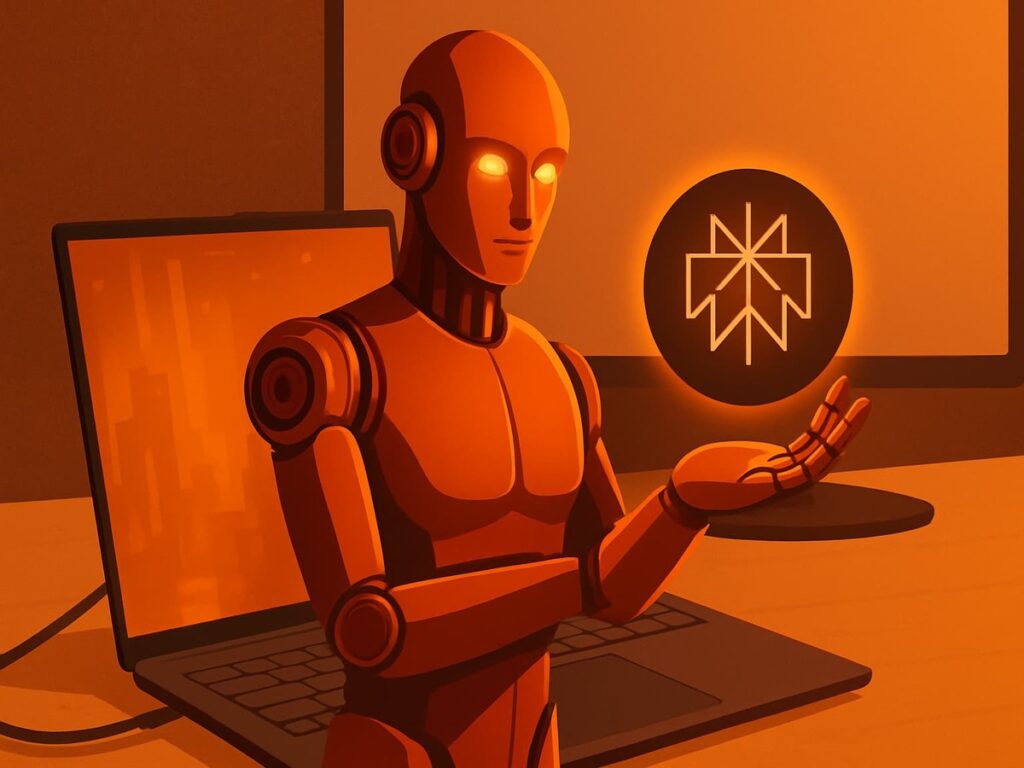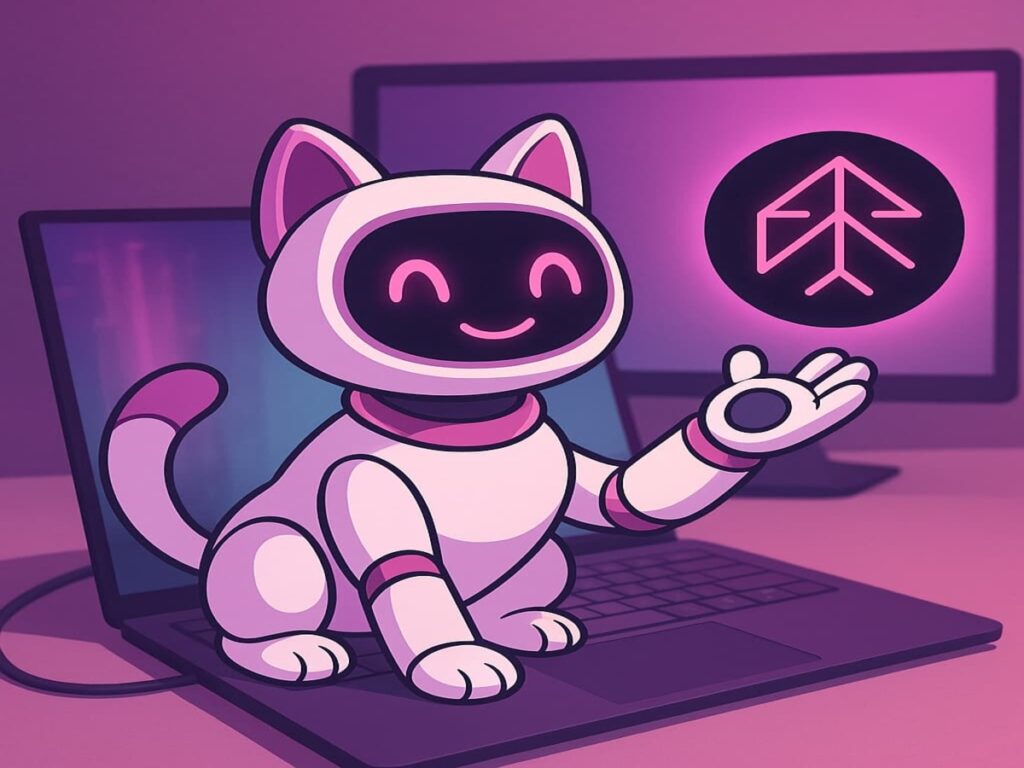Artificial intelligence (AI) has advanced at a remarkable pace in recent years. What started as simple chatbots answering pre-defined questions has now transformed into hyper-intelligent language models capable of conducting complex conversations, writing code, drawing images, and even understanding emotions.
In 2025, three major players will dominate the AI assistant space:
- OpenAI’s ChatGPT
- Google’s Gemini
- China’s DeepSeek
Each has its own strengths, unique technologies, and user communities. But the big question is: who is really leading the race in 2025? In this blog, we will analyze it.
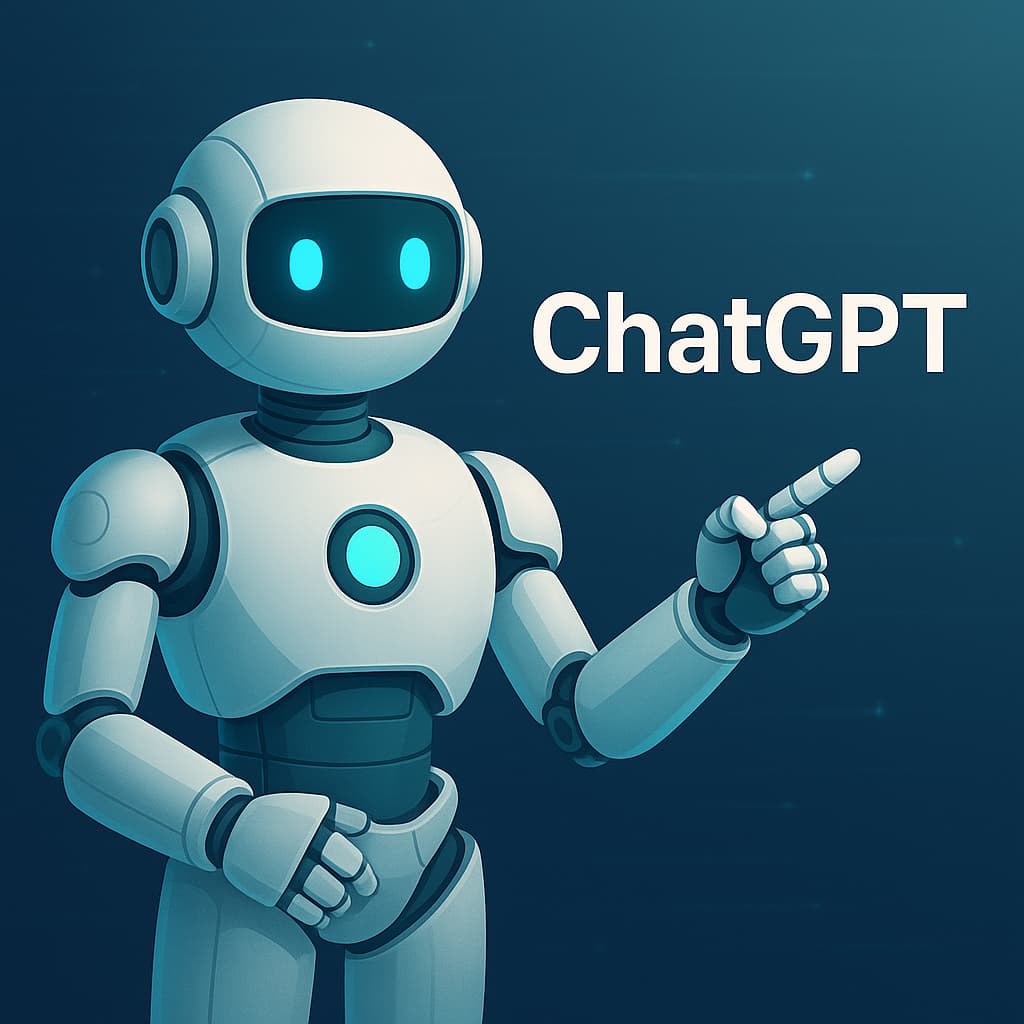
Meet the Competitors
a. ChatGPT (OpenAI)
ChatGPT, developed by OpenAI, is widely recognized for its conversational capabilities and intuitive responses. The current version, GPT-4o, brings powerful multimodal capabilities, meaning it can understand and respond using text, images, audio, and code.
Key Features:
- Deep integration with tools like DALL·E for image generation, code interpreter, and real-time web browsing.
- Available through ChatGPT Pro with increased speed and priority access.
- Millions of people use it for everything from writing blogs to writing software.
b. Gemini (Google)
Formerly known as Google Bard, Gemini is Google’s flagship AI. The release of Gemini 1.5 Ultra has solidified Google’s position as a strong competitor to OpenAI.
Key Features:
- Fully integrated into Google Workspace (Docs, Gmail, Sheets).
- Provides contextual help when working on an Android or Pixel device.
- Delivers top-tier performance in search integration, streamlined data summaries, and accurate real-time fact-checking.
c. DeepSeek
An emerging AI powerhouse from China, DeepSeek is gaining international attention for its open-source contributions and high performance in technical reasoning tasks.
Key Highlights:
- Open-source and backed by a rapidly growing developer community.
- AI focused on security, transparency, and speed of innovation.
- Performs impressively in coding, math, and logic-based queries.
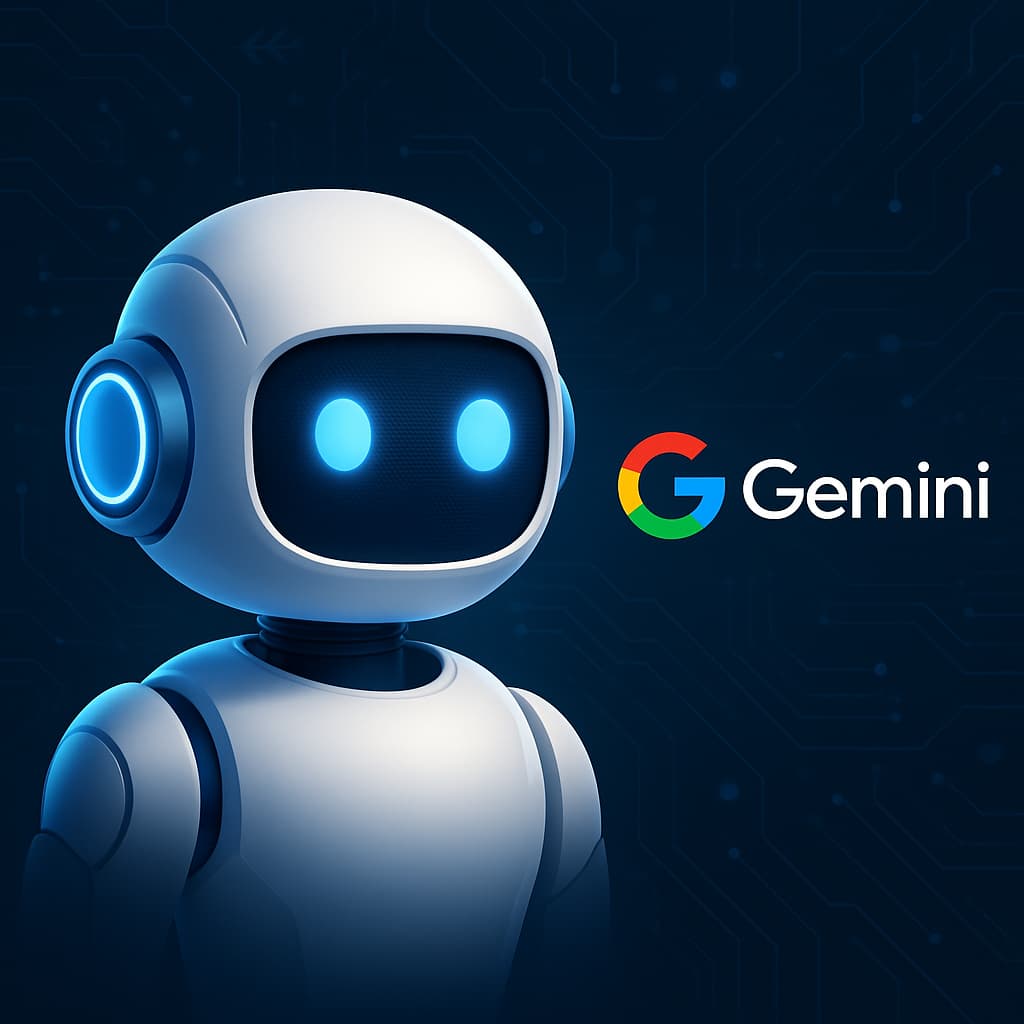
Performance Comparison
a. Natural Language Understanding and Generation
- ChatGPT shines with fluid, human-like conversations and context awareness.
- Gemini is highly accurate and factually reliable, especially in research-based tasks.
- DeepSeek excels in technical reasoning but can sometimes lag in creative expression.
b. Multimodal Capabilities
- ChatGPT-4o leads the way with full support for image interpretation, voice input, and code.
- Gemini supports multimodal input, but with limited public access.
- DeepSeek is moving forward, but is still primarily text- and code-based.
c. Speed and reliability
- Gemini is fast and scalable thanks to Google’s infrastructure.
- ChatGPT remains stable, with minor delays during peak traffic.
- DeepSeek can be fast, but can sometimes be restricted depending on region or hosting.
Suitability of use case
a. For developers and coders
- ChatGPT: Excellent at debugging, interpreting code, and even building full apps.
- DeepSeek: Specifically geared towards programming, with advanced logic and math support.
- Gemini: Good with general coding tasks, but sometimes lacks flexibility for development use.
b. For content creators and bloggers
- ChatGPT offers creative writing tools, blog formatting, and storytelling.
- Gemini excels at data-backed writing and summarizing long reports.
- DeepSeek is not primarily designed for creative writing.
c. For business and productivity
- Gemini stands out because of its seamless integration with tools like Gmail, Calendar, and Google Docs.
- ChatGPT offers custom GPT for specific business workflows.
- DeepSeek is still maturing in productivity features.
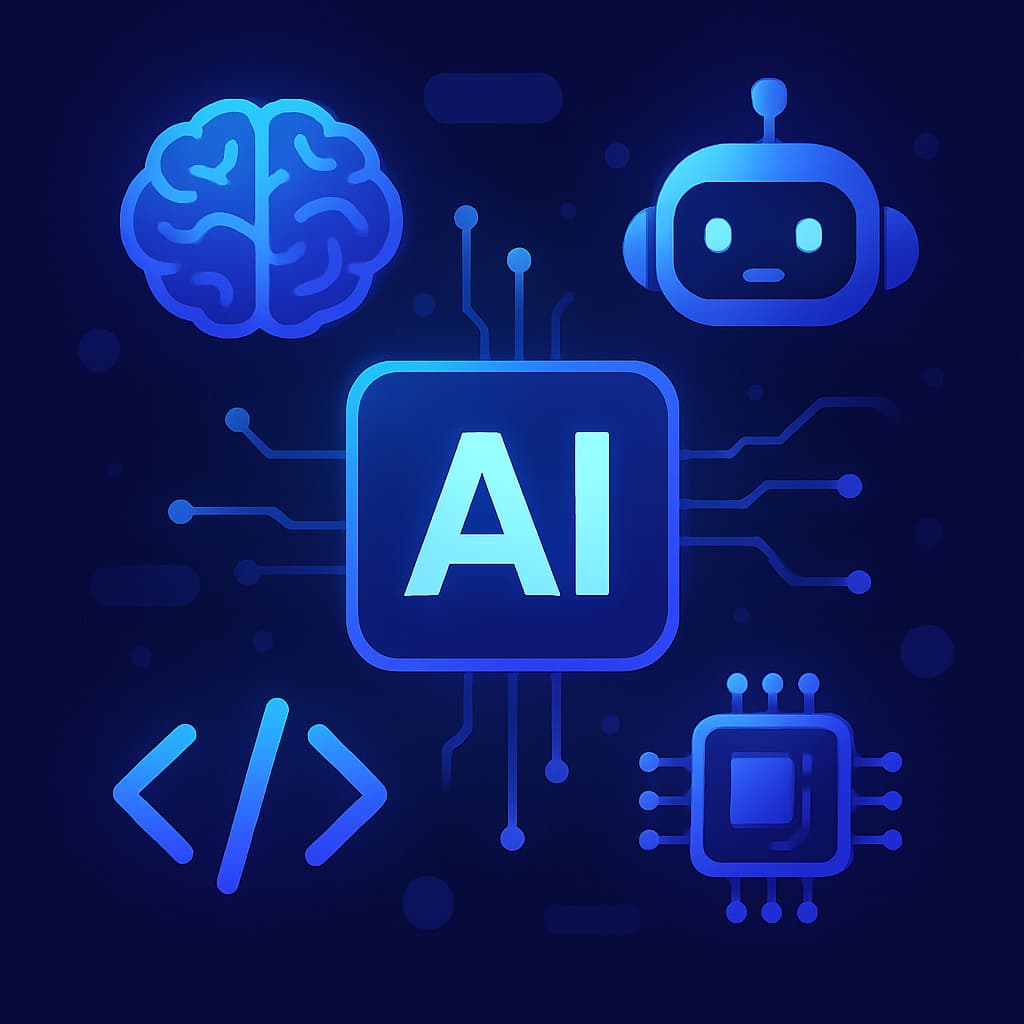
User experience and accessibility
- ChatGPT offers a clean UI, mobile apps, and a web version with tool switching.
- Gemini integrates well with Google’s ecosystem, making it an excellent choice for Android users.
- DeepSeek is mostly web-based and appeals to tech-savvy users.
Pricing accessibility:
- ChatGPT: Free version available; Pro costs $20/month.
- Gemini: Freemium model with advanced features under Google One AI Premium.
- DeepSeek: Largely free and open-source.
Privacy, security, and ethics
- OpenAI offers transparency, but has faced questions over privacy and content use.
- Google is committed to strong data protection, but its advertising-driven model raises concerns.
- DeepSeek emphasizes open development and research, but faces regional censorship and policy challenges in China.
Who’s leading the race in 2025?
It depends on what you’re looking for:
Need the best AI
Creativity and conversation : ChatGPT
Productivity and research : Gemini
Technical accuracy and coding : DeepSeek
While ChatGPT remains the most versatile, Gemini has become the leader in business productivity, and DeepSeek is an emerging force in the developer and academic communities.
In terms of raw adoption and pace of innovation, ChatGPT is still at the forefront — but not by a huge margin.
Conclusion: Who will emerge victorious in the AI battle of 2025? The answer may surprise you
As we reach the end of this comparison, it becomes clear that there is no single “winner” in the 2025 AI race — and that’s actually a good thing. Instead of one dominant platform, we now have three powerful AIs, each excelling in different areas, serving different users, and pushing the boundaries of what’s possible with artificial intelligence.
ChatGPT — The Creative and Conversational Leader
OpenAI’s ChatGPT stands out due to its balanced performance, intuitive user experience, and impressive creative capabilities. Whether you’re writing a blog, brainstorming product names, learning to code, or even chatting about philosophy, ChatGPT feels natural, engaging, and helpful. With GPT-4o, it’s no longer just a chatbot – it’s a multimodal assistant, capable of processing images, voice, and code.
Why choose ChatGPT?
Best for creative writing, storytelling, brainstorming.
Easy to use with or without technical skills.
Highly customizable via custom GPT.
But it has its limitations: if it’s not paired with real-time data, it can sometimes give outdated or overly-confident answers, and access to premium tools requires a paid subscription.
Gemini – The Powerhouse of Productivity
Google’s Gemini is the AI for people who live inside the Google ecosystem. Whether you’re drafting emails, analyzing data in Sheets, summarizing long PDFs, or doing in-depth research, Gemini is the perfect assistant that integrates right into your daily workflow. It’s intelligent, accurate, and most importantly – built into the tools people already use.
Why choose Gemini?
Deep integration with Gmail, Docs, and Android.
Great for creating summaries of data, documents, and research.
Reliable and factually-based answers.
Having said that, Gemini might seem restrictive for users who want flexibility or creative spontaneity. It shines in structured tasks, not so much in free-form thinking or creativity.
DeepSeek – The Open-Source Challenger
DeepSeek might not have the brand power of OpenAI or Google, but it’s fast becoming the developer’s secret weapon. It’s powerful at technical tasks – like writing, debugging, or understanding complex code. And because it’s open-source, developers and researchers can contribute to and customize it for specific use cases.
Why choose DeepSeek?
Excellent at coding, math, and logical reasoning.
Open-source and community-driven.
Performs well in benchmarks and academic tasks.
Still, it’s not yet polished enough for general users or casual tasks. Its UI, integrations, and global availability may still need to overtake the big names.
